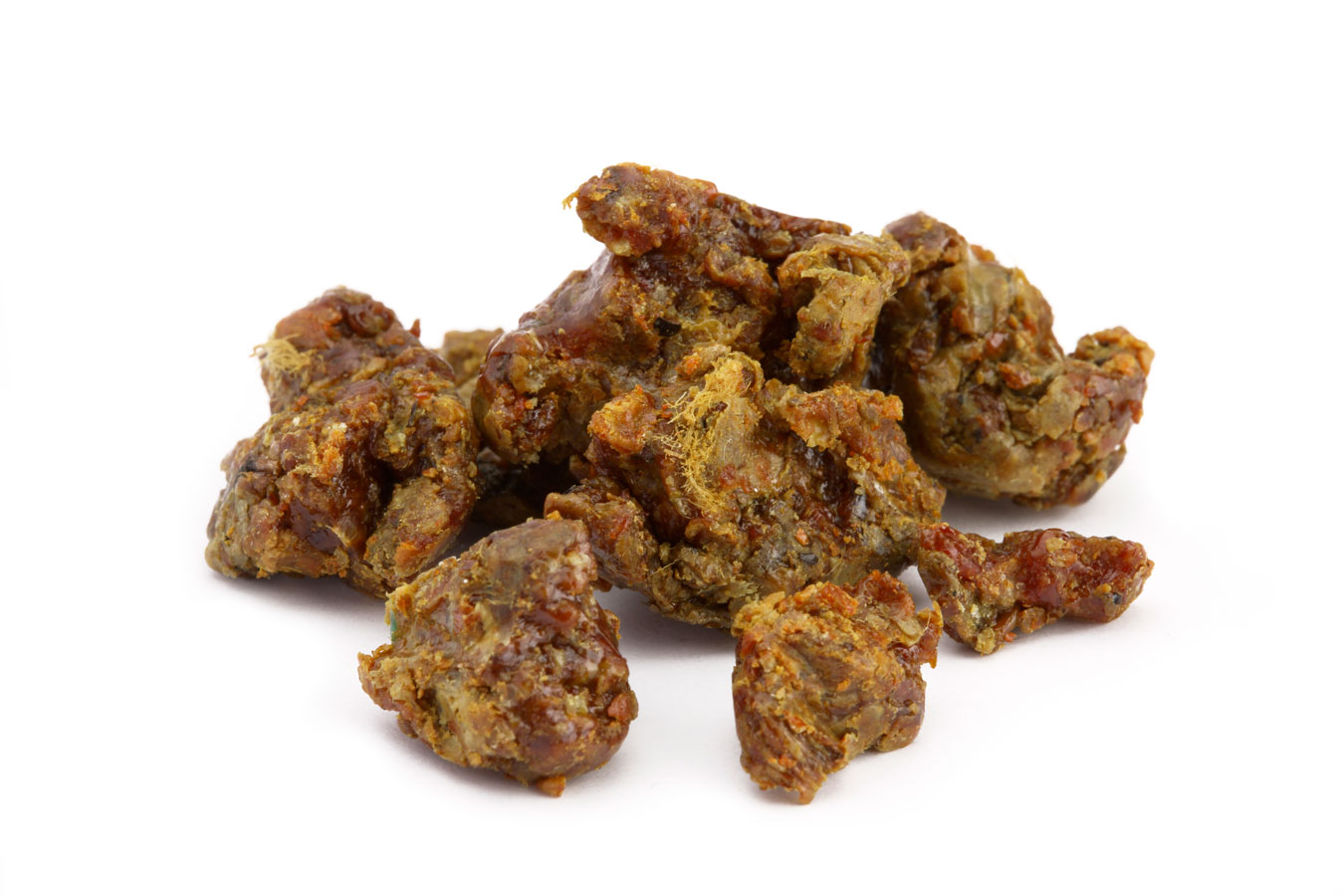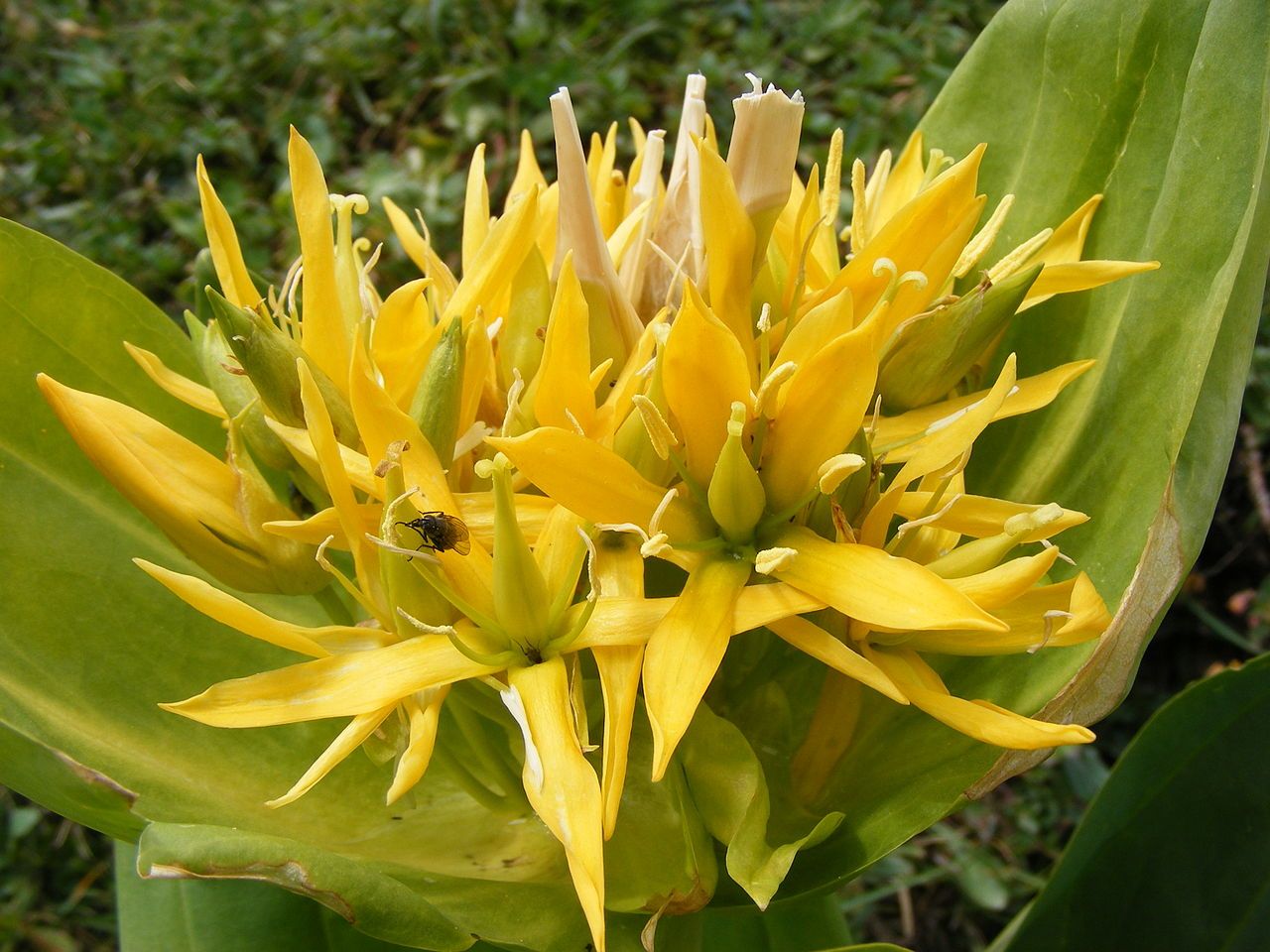To face the effects of Dengue and other winter diseases it is always convenient to keep the immune system strong. For that we have Plant Drugs that fulfill that function.
Propolis Extracts

Propolis is a product used since antiquity by different cultures through time for medicinal and preservative purposes, it is collected and processed by bees, it contains resins, secretions from trees and plants surrounding the hives. Depending on the flora, time of year and needs of the hive itself are the characteristics and quantities it produces.
Propolis is a product of resinous consistency, of variable color between light yellow to dark brown, pungent flavor, slightly bitter and aromatic. Within its composition we can find flavonoids, terpenes, essential oils, vitamins, minerals, tannins, phenolic acids and their esters, etc. Among its properties and pharmacological actions we can mention the following:
– Antibiotic, Antimicrobial, Immunomodulator
Internally it is used in prevention and treatment of respiratory conditions such as flu, pharyngitis, laryngitis, sinusitis, tonsillitis, bronchitis and colds. It is also prescribed internally in urinary infections such as cystitis, nephritis, urethritis and prostatitis.
– Antiseptic, Healing, Anti-inflammatory
Externally it is prescribed in treatments of wounds, ulcers, boils, dermatitis, eczemas and acne. It is used in treatments and prevention of oral diseases (gingivitis, caries, periodontitis and ulcers); externally in treatments of genital conditions (vaginitis, candidiasis and pruritus).
Technical Data Sheet |
Common Names | Propolis, Propolis. |
Plant Drug | Resin. |
Pharmacological Actions | Antibiotic, fungicidal, bactericidal, immunomodulatory, antiseptic, analgesic, healing, anti-inflammatory. |
Indications | Respiratory diseases (flu, pharyngitis, laryngitis, sinusitis, tonsillitis, bronchitis, colds), ulcers (dermal, oral), burns, dermatitis, eczema, acne. Urinary infections (cystitis, nephritis, urethritis, prostatitis). Genital conditions (vaginitis, candidiasis, pruritus). |
Available Products | Tinctures, Dry Extracts, Hydroglyceric Extract, Fluid Extract, Glycolic Extract. |
Gentian Extracts

Plant native to Europe and Asia Minor, its cultivation occurs in Europe and North America, due to indiscriminate harvesting in its natural environment, some countries consider it a protected species. The parts used are the roots and rhizomes and its use as a medicinal species with digestive action is ancestral. Among its active principles are bitter heterosides, tannins, dyes and enzymes among others. Its pharmacological actions can be summarized in the following way:
– Immunomodulator, Anti-inflammatory, Febrifuge
It stimulates the body's defenses producing an increase in white blood cell concentration. Genciamine (alkaloid), has anti-inflammatory and antipyretic activity so it is used in formulas to treat colds and flu.
– Antiseptic, Antibiotic, Immunomodulator
Externally it is used to treat candidiasis and other mycoses. Also to clean wounds.
– Digestive Stimulant
Having digestive action, it stimulates gastric and biliary secretions and motility (choleretic, cholagogue and mild laxative). The action of bitter principles makes it one of the best aperitifs.
Technical Data Sheet |
Common Names | Gentian, Great Gentian, Poor Man's Quinine |
Scientific Name | Gentiana lutea L. |
Plant Drug | Root, rhizome. |
Pharmacological Actions | Aperitif, choleretic, cholagogue and mild laxative. Mild antipyretic, anti-inflammatory, healing and hemostatic. Immunostimulant. |
Indications | Prevention of flu and colds, convalescence, loss of appetite, hyposecretory dyspepsias, biliary dyskinesias. |
Available Products | Tincture, Dry Extracts, Hydroglyceric Extract, Fluid Extract, Glycolic Extract. |